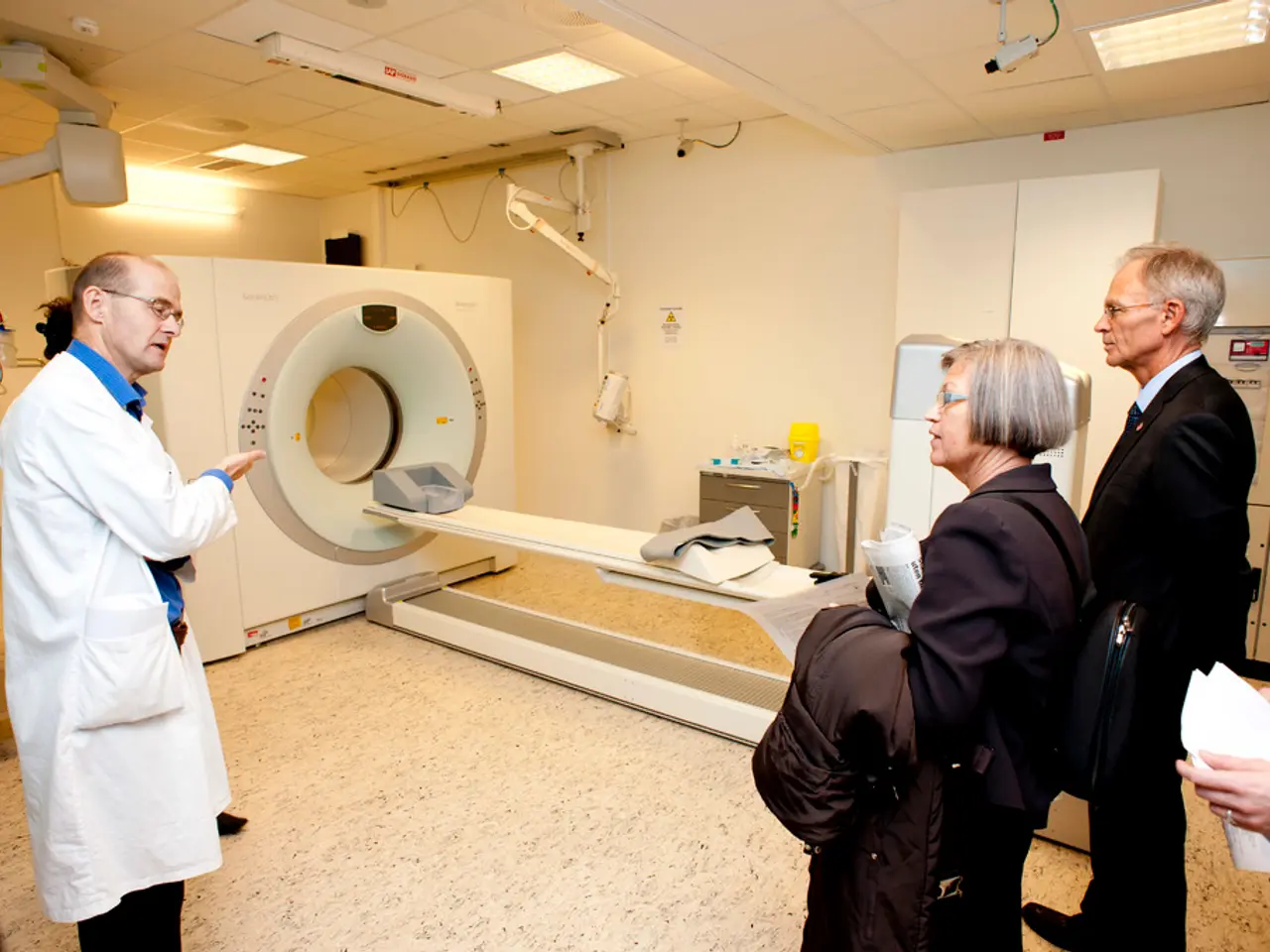Dramatic shift in circumstances or events
In the evolving landscape of international relations, Kazakhstan, under the leadership of President Kassym-Jomart Tokayev, is emerging as a stable, neutral, and constructive actor playing a pivotal role in advancing regional cooperation, multilateralism, and sustainable development in Central Asia and Afghanistan.
One of the most significant contributions of Kazakhstan's foreign policy is its partnership with the United Nations (UN). The UN Regional Centre for Sustainable Development Goals (SDGs) in Almaty, established under Tokayev's leadership, is seen as a tangible contribution to restoring global justice by promoting peace, development, and dialogue in a geopolitically sensitive region.
Kazakhstan's role as a non-aligned anchor is particularly noteworthy. The country balances its relationships with Russia, China, the EU, and others while focusing on technical coordination and practical solutions rather than strategic dominance. This approach has earned Kazakhstan a reputation as a regional convenor facilitating cooperation and stability without seeking unilateral leverage.
Tokayev's calls for global equality and deeper cooperation for landlocked developing countries (LLDCs) further reinforce Kazakhstan's commitment to global justice and sustainable development. The country's role in hosting the LLDC3 Summit and promoting the Awaza Action Programme address structural barriers to development faced by LLDCs and highlight Kazakhstan as a leader in advocating for inclusive global trade and infrastructure investment.
Regarding global security architecture, the UN Centre in Almaty is viewed as a new model of “networked multilateralism” that allows the UN to work regionally and adapt to complex realities, particularly in contested or sensitive spaces like Afghanistan and Central Asia. This shift from centralized UN programs to regionally coordinated efforts can strengthen peace dialogue and cooperation among member states, contributing to a more resilient and stable regional security environment.
The UN Secretary-General António Guterres' visit to Kazakhstan and the opening of the UN Regional Centre in Almaty marked a significant event in the transformation of the global system of international relations. Kazakhstan, as a country representing the steppe civilization, has a unique historical role in preserving geopolitical balance in Eurasia and protecting sacred meanings and historical continuity across the entire Eurasian space.
Kazakhstan's current position is beneficial to Russia, acting as a potential mediator and moderator in future conflicts. China is highly interested in maintaining and developing international organizations, with the UN being the primary and fundamental one, due to security concerns and the desire to avoid facing aggressive American imperialism alone.
In the face of the crisis of trust in the United Nations and its marginalization from major conflicts like the Russia-Ukraine and the Middle East, Kazakhstan's role is particularly important. Russian political scientist Maxim SHEVCHENKO believes that Tokayev, with his unique diplomatic experience and understanding of global governance mechanisms, can help restore the UN's mission.
In summary, Kazakhstan’s foreign policy under Tokayev, especially its partnership with the UN and establishment of the Almaty SDG Centre, is internationally seen as a constructive and innovative approach to enhancing regional stability, development, and justice, with a potential positive impact on global security architecture through promoting dialogue, cooperation, and technical assistance in Central Asia and neighboring regions.
The constructive and innovative approach of Kazakhstan's foreign policy under President Kassym-Jomart Tokayev, as evidenced by its partnership with the United Nations, is significantly contributing to the restoration of global justice in a geopolitically sensitive region. Moreover, Kazakhstan's role as a non-aligned anchor in international relations, promoting peace, development, and dialogue, is seen as a potential model of "networked multilateralism" that could positively impact global security architecture.








